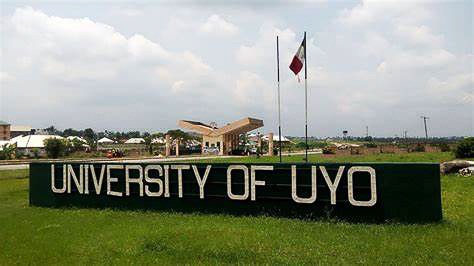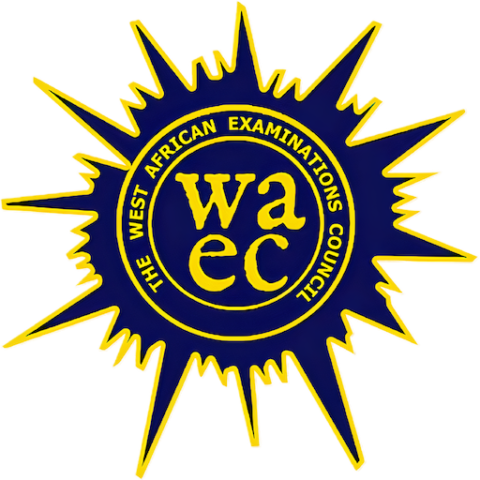The University of Uyo (UNIUYO) has received a British Council–funded grant to spearhead a transformative project aimed at revitalising Technical and Vocational Education and Training (TVET) in Nigeria, with a strong focus on digital innovation, inclusiveness, and job creation in the construction industry.
The one-year initiative, carried out in collaboration with Edinburgh Napier University, is designed to integrate digital technologies into vocational training to enhance sustainability and stimulate economic growth.
At a press briefing in Uyo, Professor Emmanuel Akpabio, Director of UNIUYO’s Directorate of International Programmes and the project’s lead investigator, highlighted the project’s objectives. He noted that it would empower Nigerians with practical skills, enhance employability, and provide the construction sector with a digitally savvy workforce equipped to work with tools such as Artificial Intelligence (AI), Building Information Modelling (BIM), and smart sustainability systems.
Major components of the project include a “train-the-trainers” workshop in Uyo scheduled for October 14–17, 2025, targeted capacity building for technical institutions and construction professionals, and exchange visits to Edinburgh Napier University and its UK-based construction industry partners.
Professor Akpabio, who also serves as a senior research fellow at the Institute for Research and Policy Integration for Africa (IRPA), emphasised the initiative’s potential to deepen academia-industry partnerships, foster entrepreneurship, and deliver hands-on training aligned with real-world industry demands.
He commended UNIUYO’s Vice Chancellor, Professor Nyaudo Ndaeyo, for his unwavering support and leadership, and thanked the British Council for backing the project. He described the grant as a significant milestone that further enhances the university’s standing among international funding bodies.
He called on the public, industry stakeholders, academia, and the media to closely follow the project’s progress and participate in its activities, stressing the collective importance of using digital technologies to strengthen vocational education and workforce development in Nigeria.





